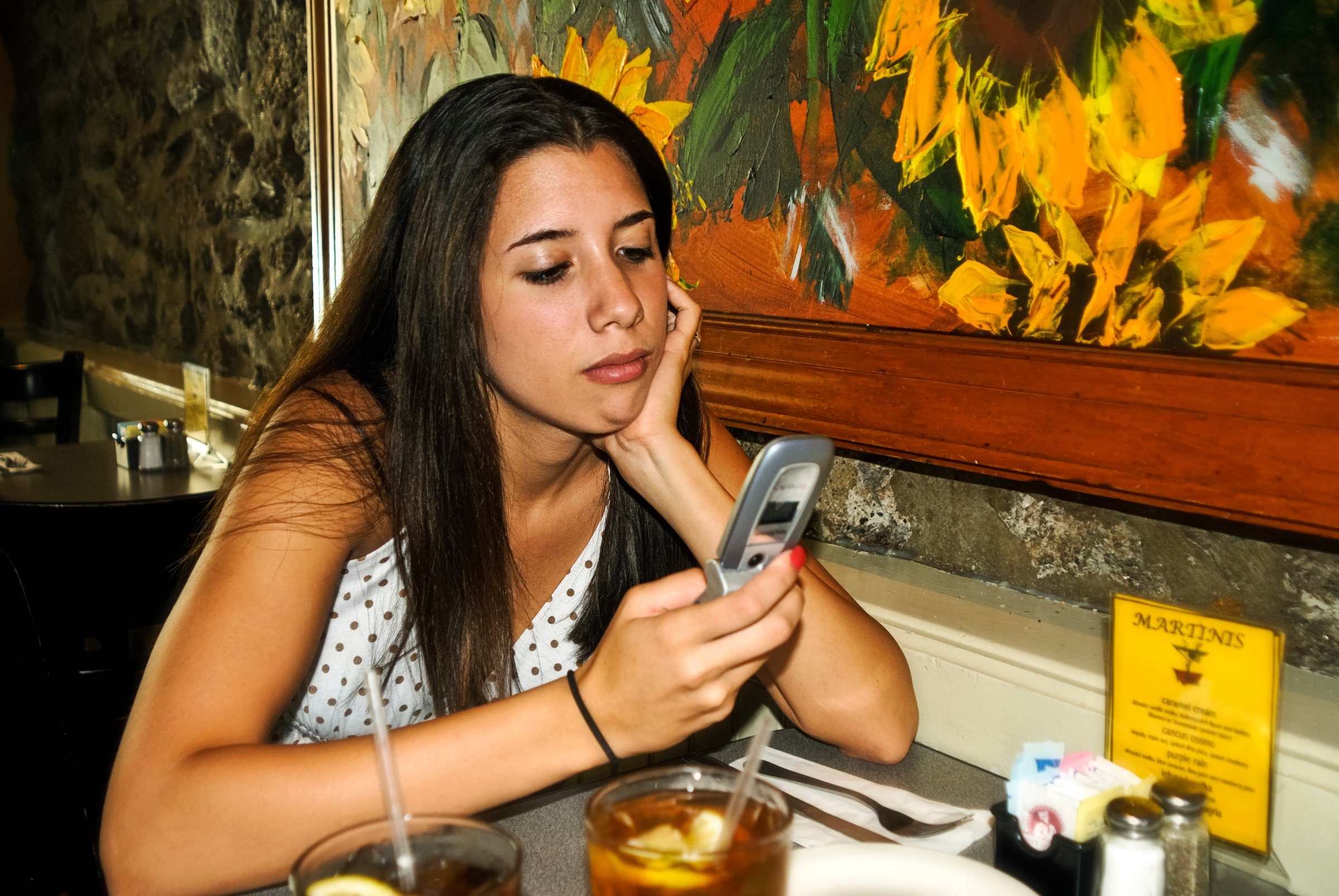
Some people care a lot about the new iPhone, available in stores Friday. This is about people who don’t.
This is about people who, in the year 2014, still use flip phones. And not in a dog cone of shame, “I dropped my real phone in the toilet and am currently between upgrades,” kind of way, but willingly. Notable evangelists include Anna Wintour, Warren Buffett and Andrew Luck — and according to Forrester Research, 29% of internet-using American adults don’t use smartphones as their main phones. That figure includes 15% of 18-24 year olds and 13% of 25-34 year olds. “It is more rare for the younger generation, the first to adopt new devices are millennials,” says senior analyst Gina Fleming, “but there are some.”
So who are these 20-somethings who don’t swipe to love or tap twice to “like”? Who don’t punctuate heated conversations with poop emojis but rather with the satisfying fwap close of a flip phone? And where are they? (Literally, can they tell me where they are without a map app?) Hours after the world worked itself into a tizzy over Apple’s iPhone 6 unveiling, I found myself sitting across from an old high school classmate, 26-year-old Angelica Baker, and her pink Motorola Razr phone.
Why They Flip
While many millennials can’t imagine not having regular access to the internet and email 24/7, Baker, a tutor and writer, actually exchanged her Android in for her mom’s retired flip phone in April. “It just seemed like it would be better for my addled brain than a smartphone,” she says. “Personally I’m too scattered and unfocused to handle email and Facebook on my phone.” And she hasn’t missed the Droid.
Gwen Cullen, a 25-year-old getting her MFA at Ohio State who has never owned a smartphone, agrees. “If I had a toy with internet attached to myself, I would cease to exist in the world,” she says.
Others haven’t upgraded their dumb phones for more practical reasons. Sam Hertz, a 27-year-old living in Oakland, Calif., has held onto his Samsung flip phone for 5 years simply because it’s survived. “It has lived through torrential rainstorms, and I’m pretty sure that I’ve dropped it three stories from a stairwell,” he says.
And of course, there’s the issue of money. Whereas smartphones can cost upwards of $600, according to NYU law student Andrew Nellis, his flip phone was “basically free,” and he avoided paying for a pricey data plan. (Read more after the jump)
PHOTOS: The Rise of Mobile Phones from 1916 to Today
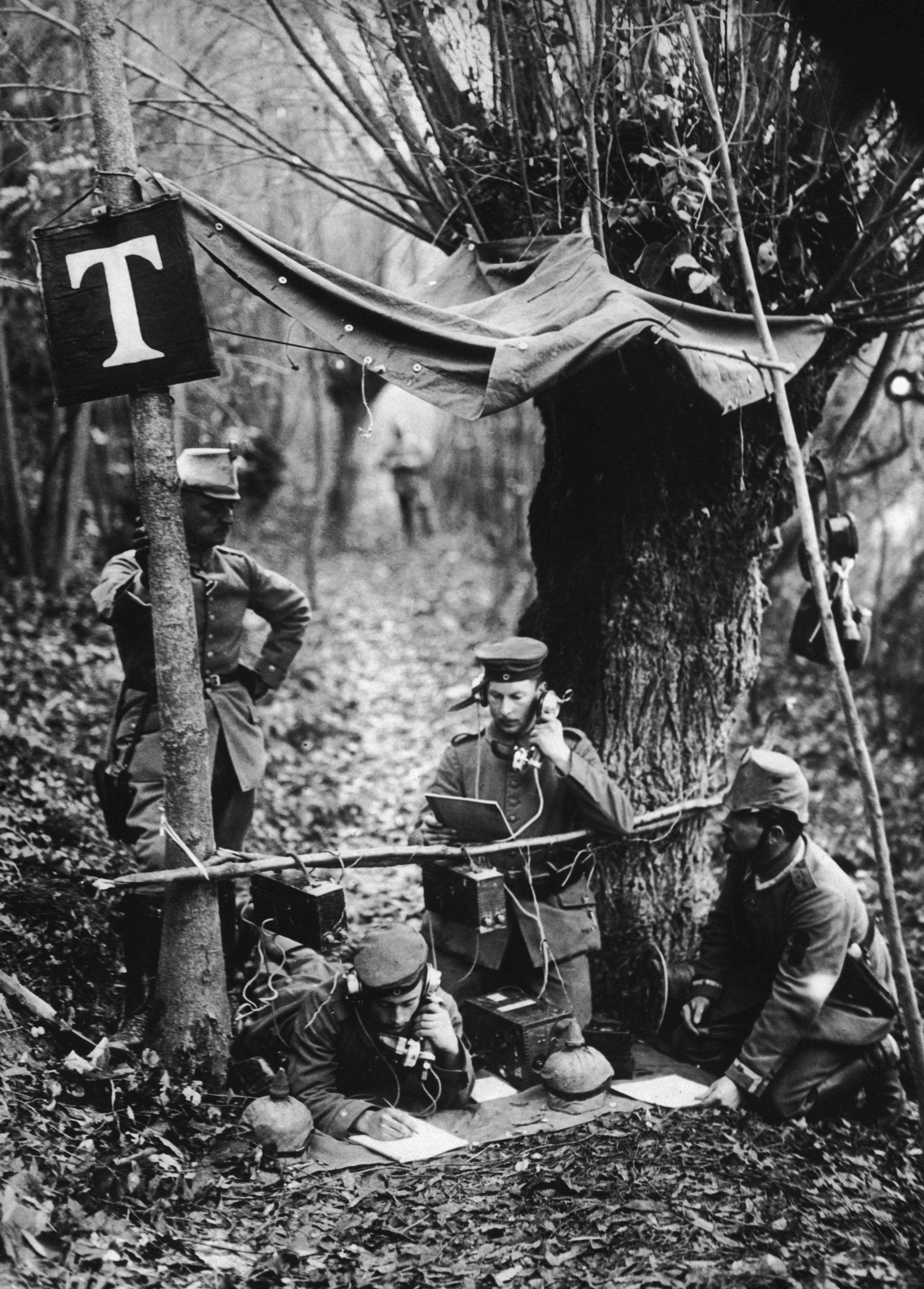
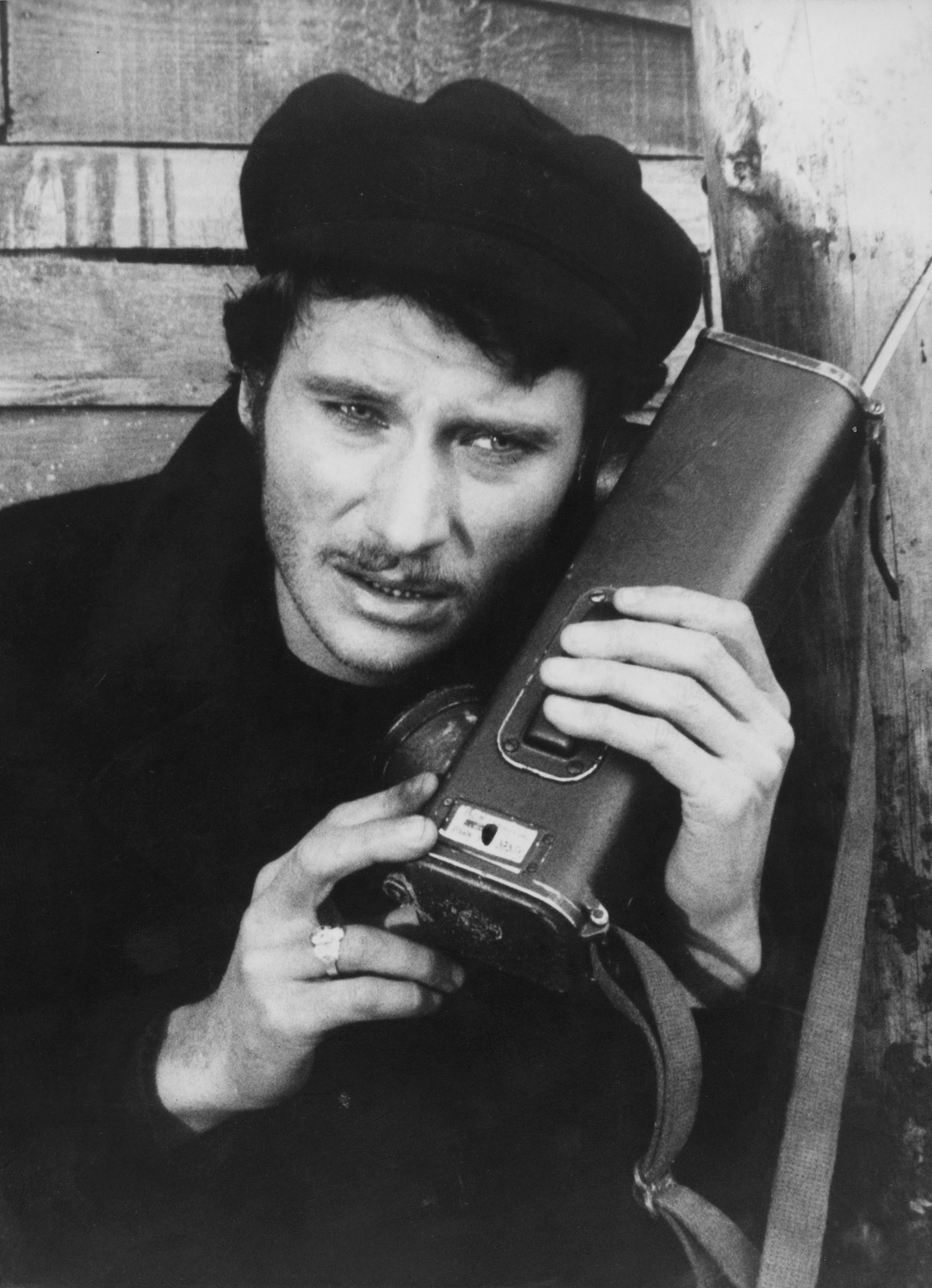
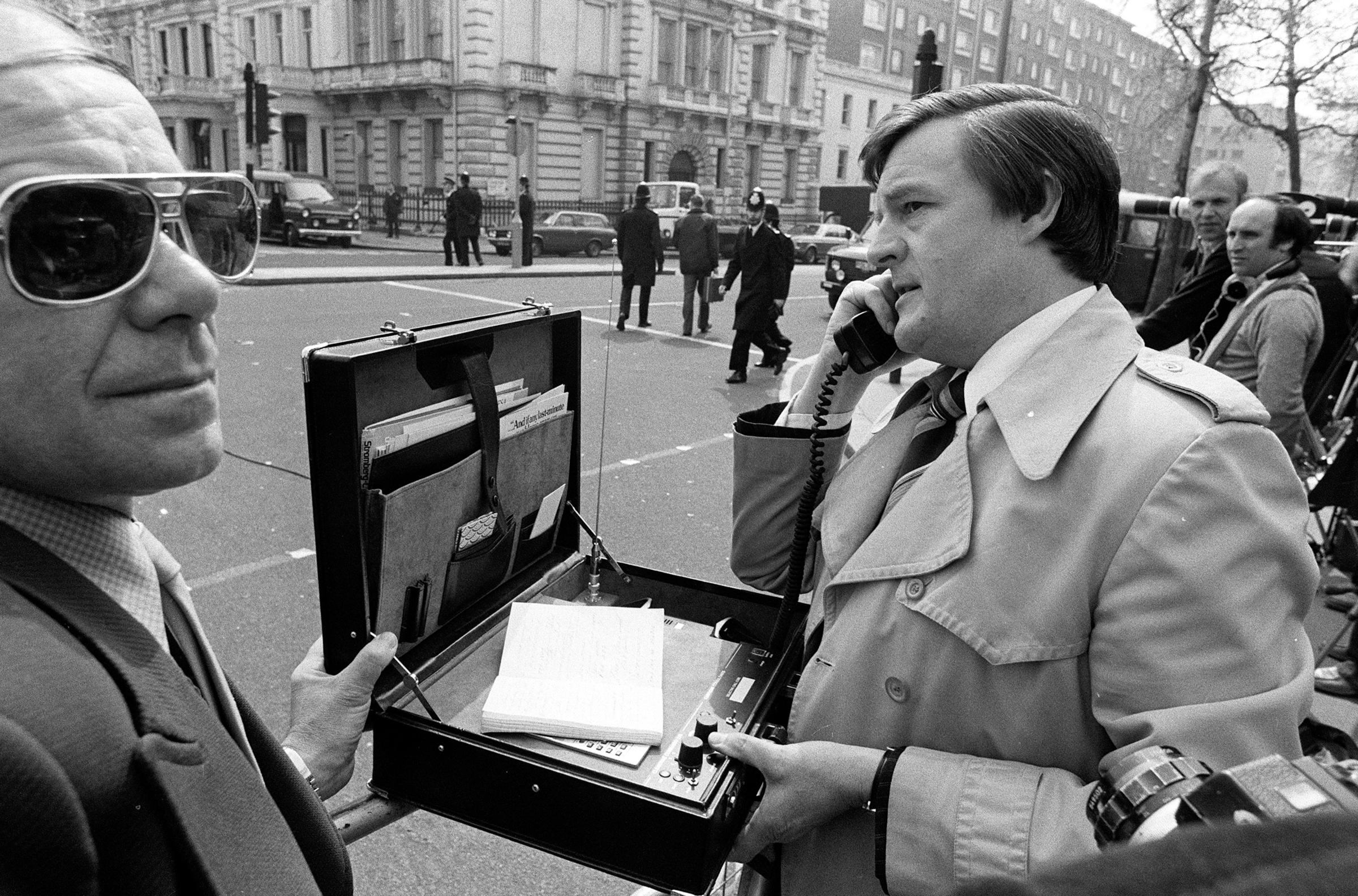
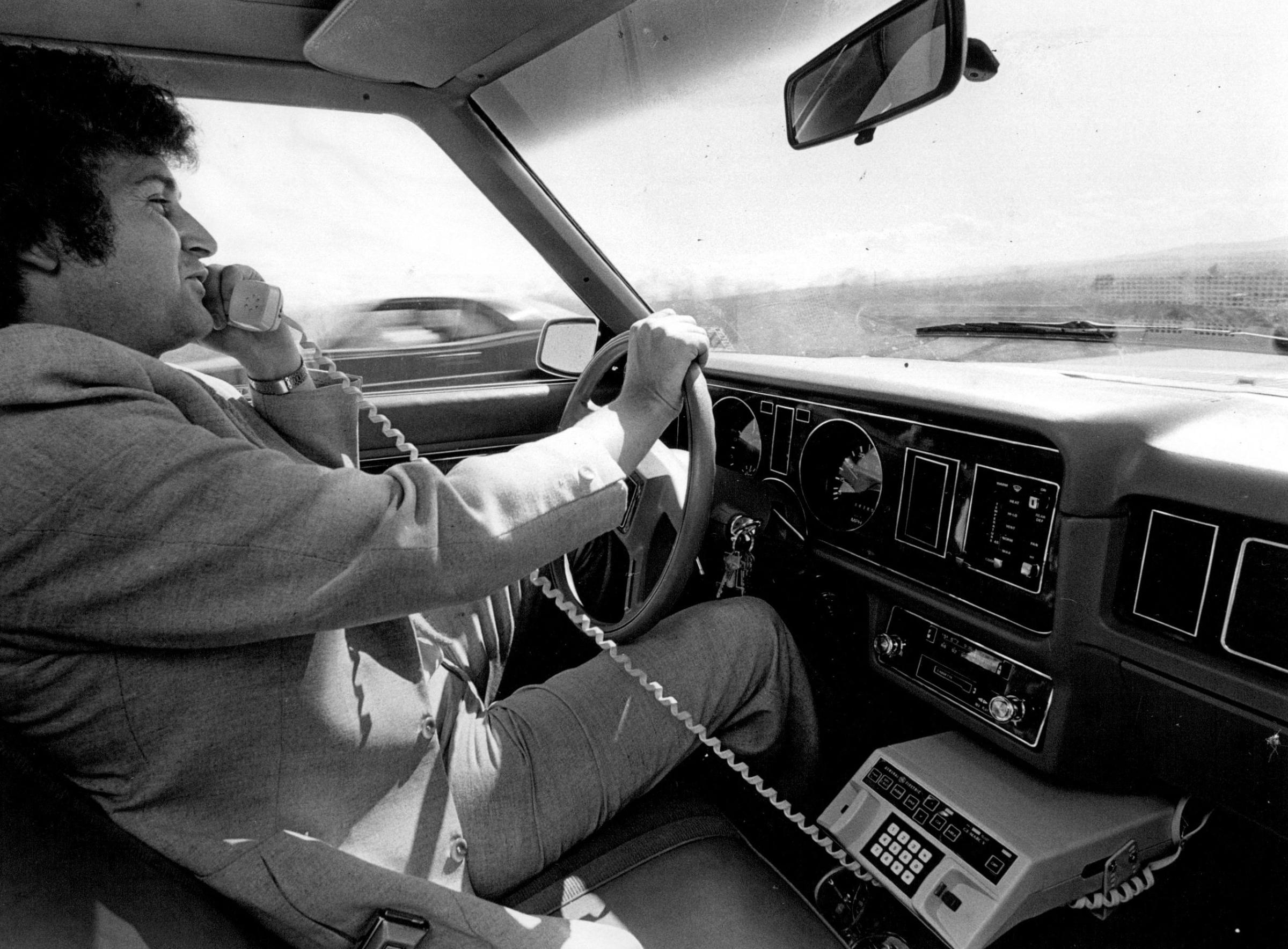
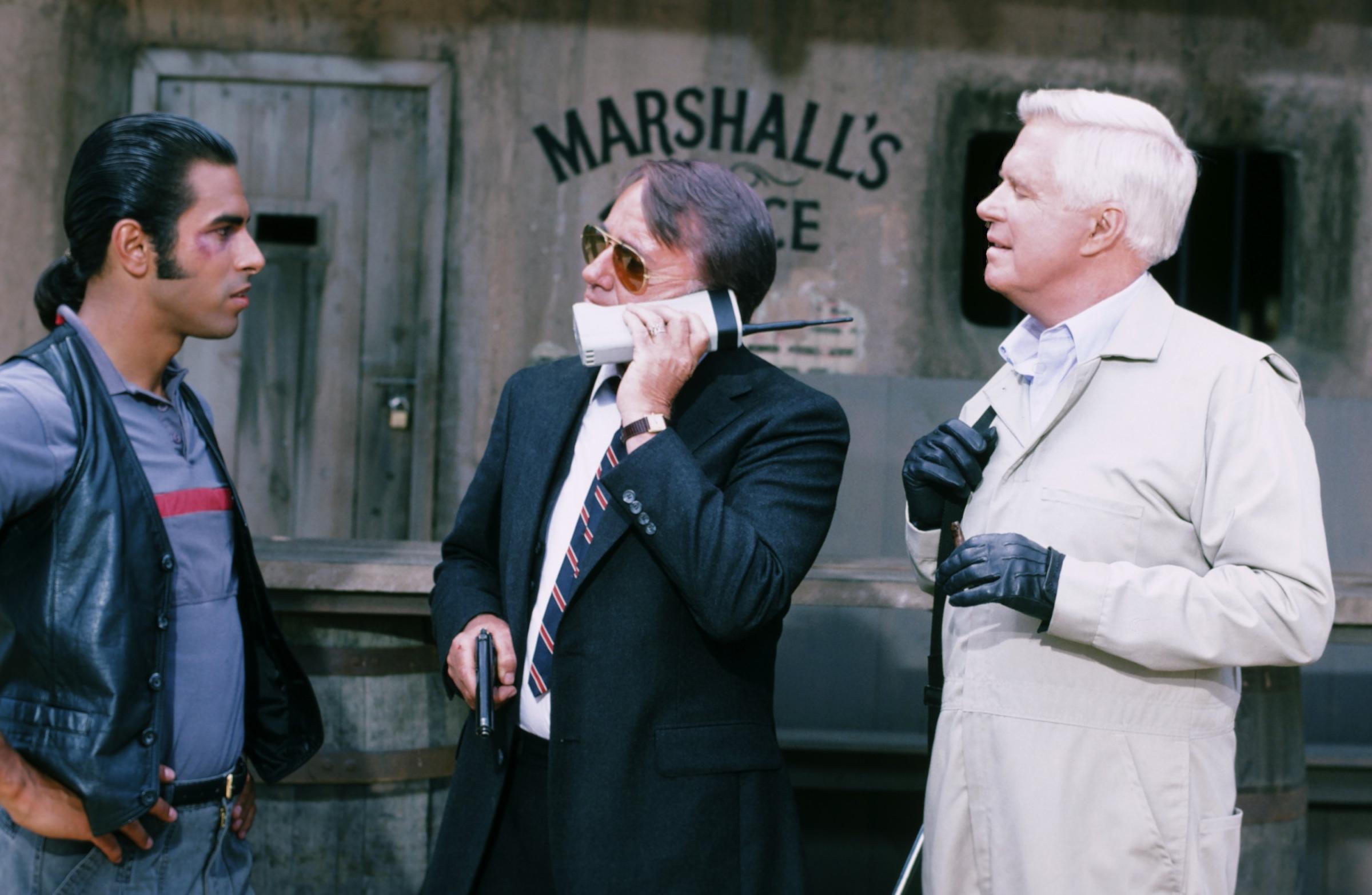
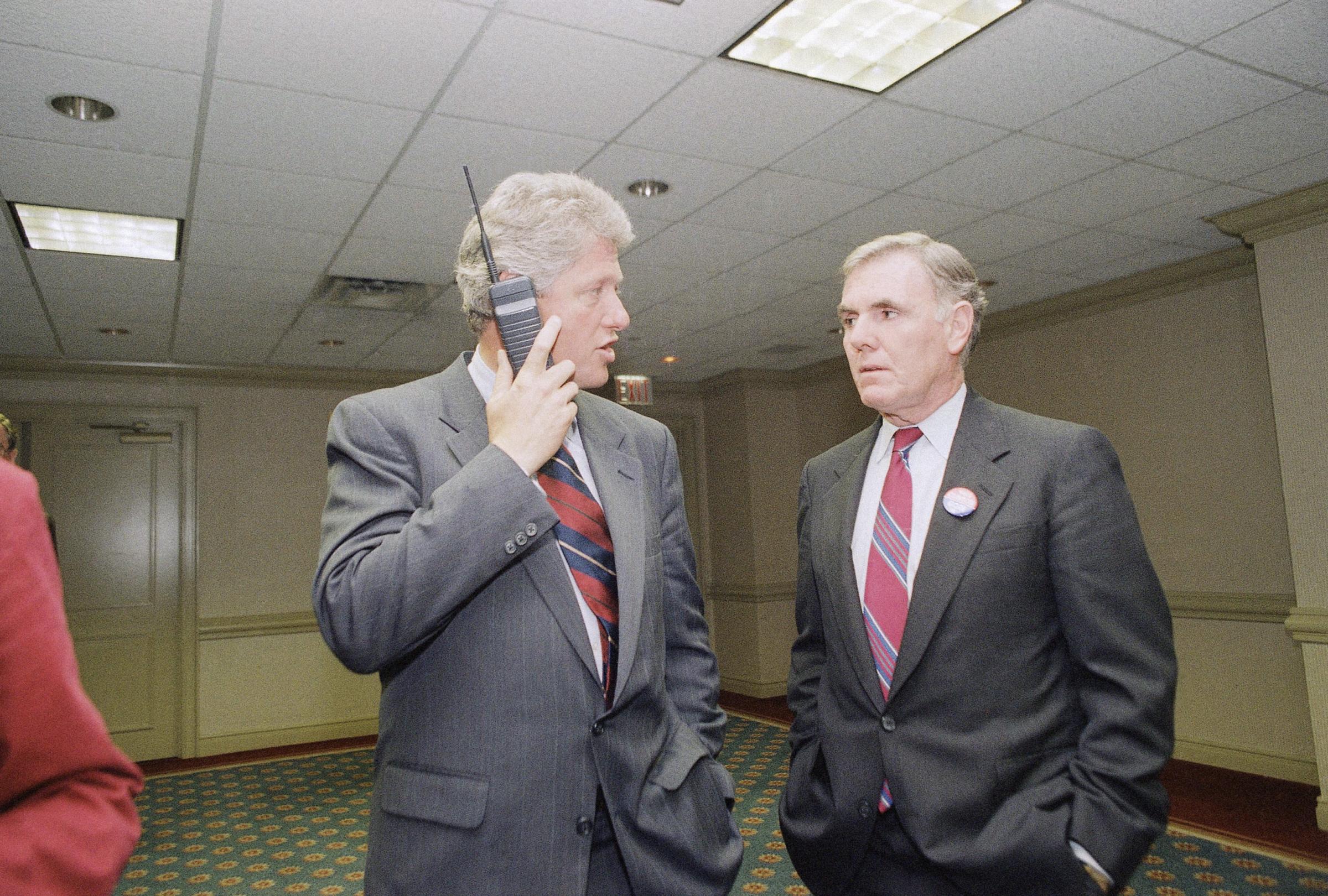
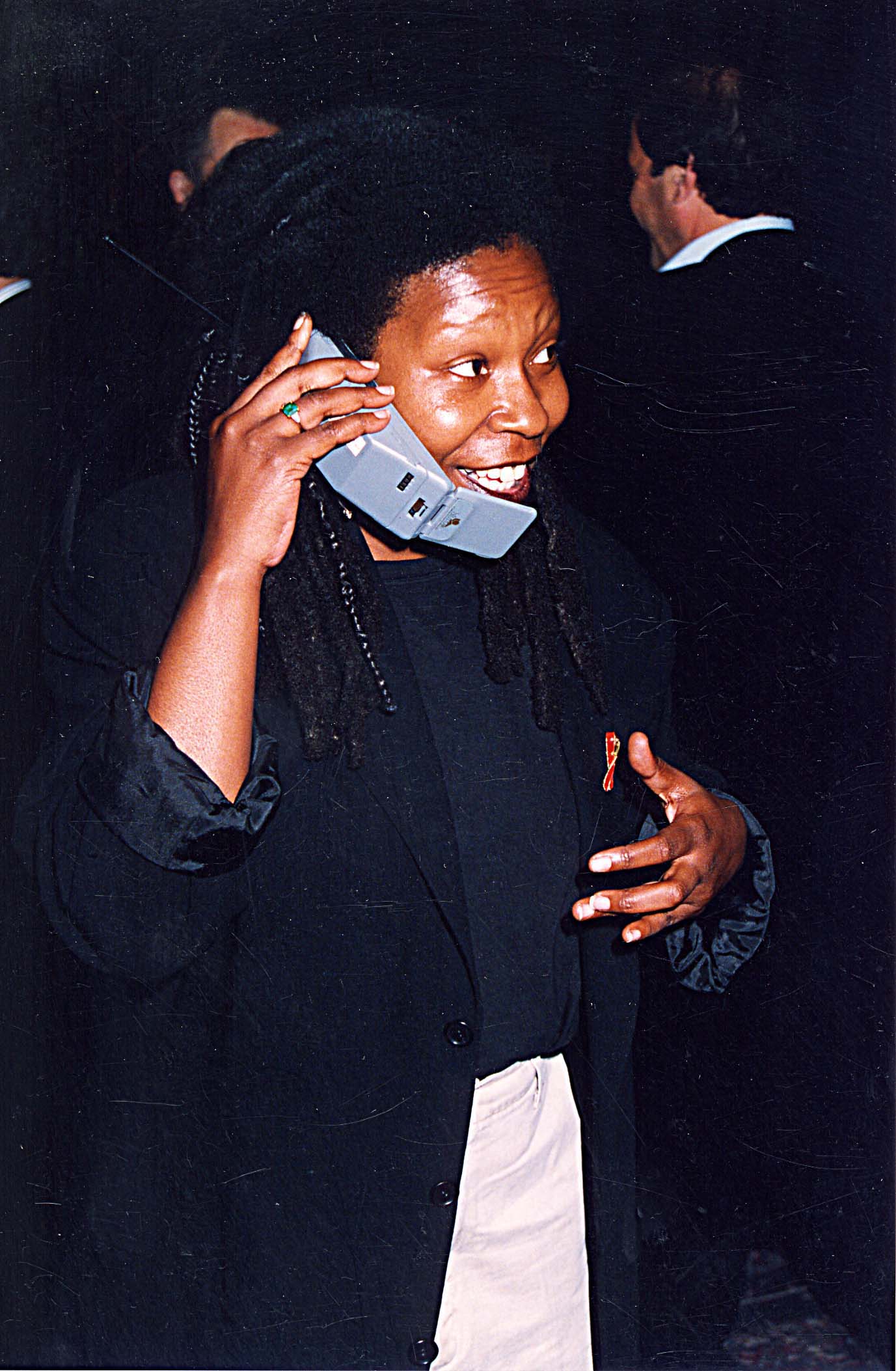




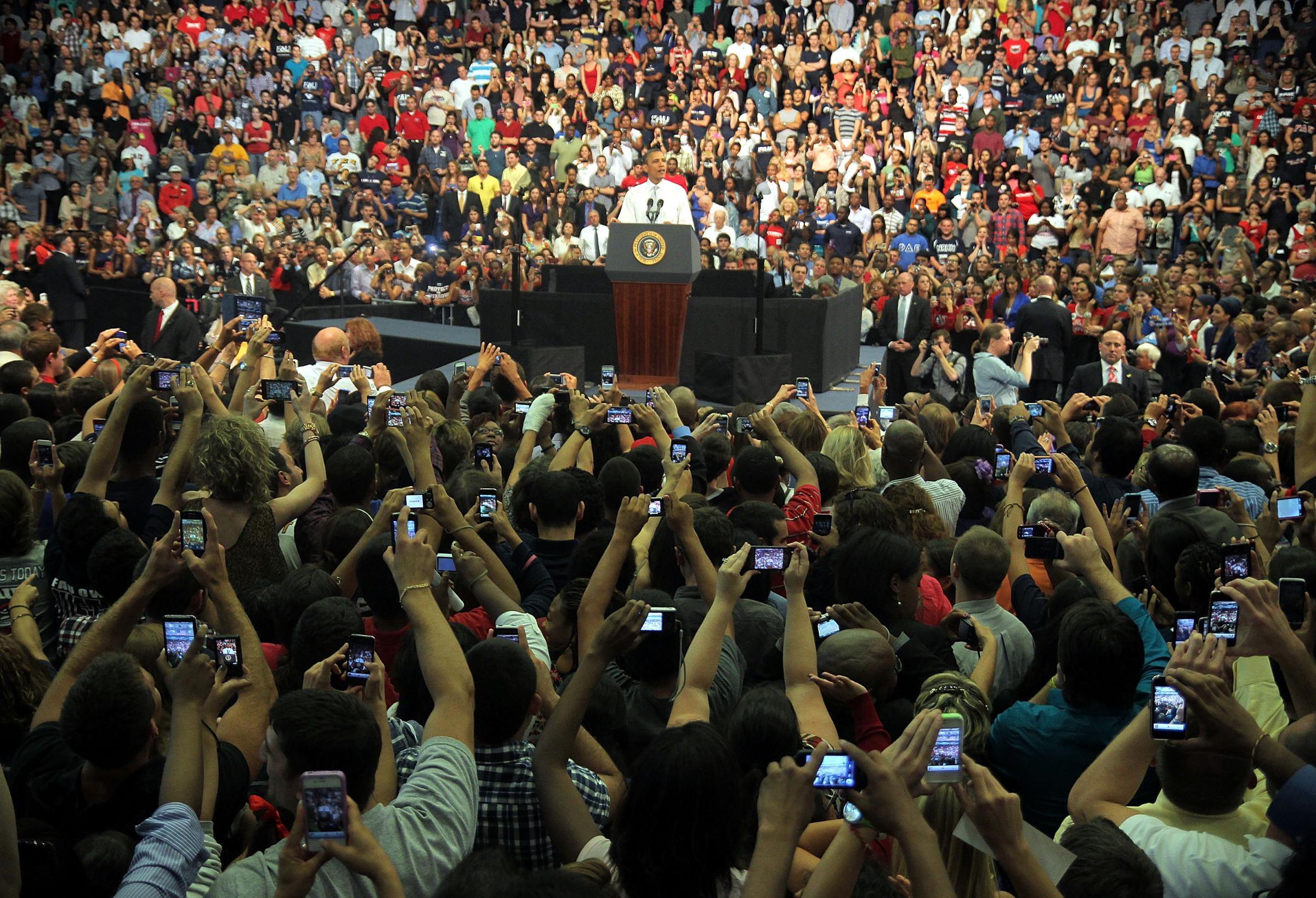
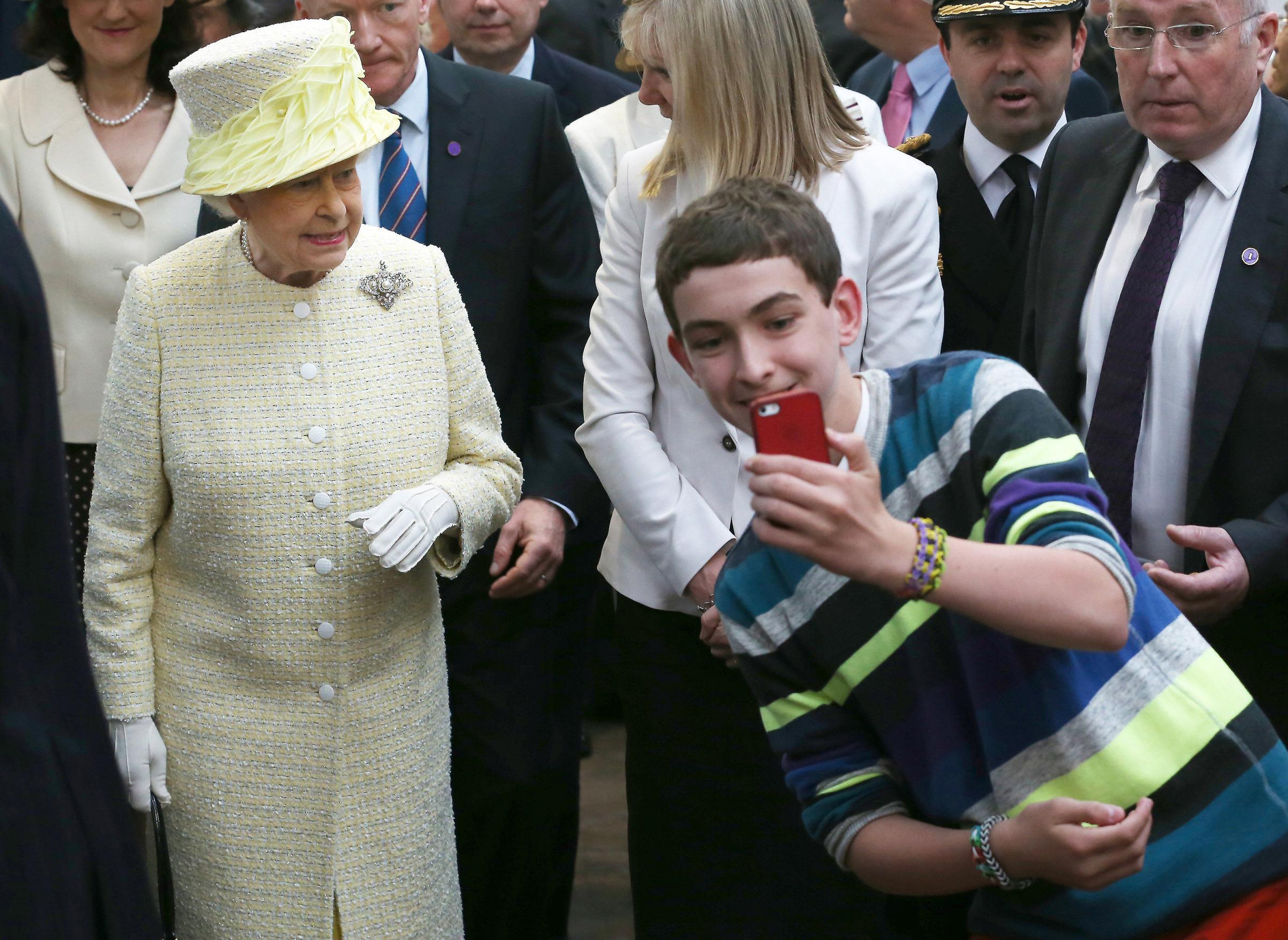
Nellis then rattles off a list of compelling, if not enviable, “dumb” phone perks. While an hour of intense texting can drain an iPhone’s battery life from full to the precarious “20% left” zone, Nellis says he only has to “charge it overnight every couple days or so.” And unlike smartphone users who tend to create bizarre, superficial brand rivalries after staunchly aligning themselves with team Apple/Samsung/Android, “I’m not even sure what brand mine is,” Nellis says. “It says Verizon? But does Verizon even makes phones?”
Rather, dumb phone users are all connected in “a funny kind of solidarity thing,” Hertz explains, of bonding over weird, shared, stock photography background images. Or bemoaning poor photo taking abilities — which was the main complaint of every flip phone user I spoke with, even more than not having a mapping function.
“I print out directions before I go anywhere and then it’s only a minor crisis if we change directions en route,” says Cullen, admitting that she sometimes has to call friends and ask for step-by-step directions. “I still get invited to things, which is mind-blowing.”
Another old-school phone user I talked to used to carry a Garmin navigation system, traditionally used for driving, in her purse. (She asked to remain anonymous to avoid judgement in her new job at a top law firm — which is also the reason why she had to trade up to an e-mail accessible smartphone.)
Those who abstain from smartphones don’t eschew all emerging technologies. According to a 2014 Forrester report, 30% of 18-24 year old non-smartphone users and 34% of 25-34 year old non-smartphone users have tablets. “I actually use an iPod Touch, which might be a cop-out,” says Nellis. “But I only have one app on it — the dictionary.”
Do You Have a Flip Phone Retirement Plan?
Cullen, Nellis and Hertz all say that they aren’t making moral statements by owning flip phones, but rather these are simply what they have for right now. They’ll switch over when it becomes necessary for a job or another compelling reason. Hertz admits, however, that since he builds software, is in grad school for developing music technology and is often on the road for a performance art company (which sometimes asks audience members to use their smartphones to scan image detection software temporarily tattooed on actors’ bodies), “a smartphone could be very useful to me, but there’s a new iPhone every six months. When technology is getting better and better, sitting on the edge of things makes it difficult to know when I should jump in.”
Of course, some dumb phone loyalists are making statements about society. Andrew Lipstein, a 26-year-old who runs a digital bookstore called 0s&1s out of Florida, hates when people are glued to phones at dinner, emailing at inappropriate times or cataloguing rather than experiencing events. And so he categorically refuses to switch over to a smartphone. Ever. Even if it means he doesn’t get a job. It’s more than a little weird for him that his parents are “fluent in smartphones,” while his Pantech would “cut out all the time, turn off all of a sudden, and butt dial people three times a day.” (The Pantech died over the course of writing this article, so Lipstein “upgraded to a vertical flip with a ‘Pill Reminder.'”)
Is This Trendy? Is This Normcore?
Sarah Edwards, 23, says that while she “knew a lot of people [from home] in North Carolina who had flip phones — a lot,” when she moved to Brooklyn, it suddenly became a glaring commodity. “I think some people saw it as more of a hipster thing.”
But are people projecting an image onto dumb phone users, or is a flip phone actually fashionable? Is a flip phone normcore? (Deliberately wearing “normal” clothing like dad jeans to blend in with the masses).
Not really. A person with a flip phone tends to stick out rather than blend in. Edwards says that pulling out her flip phone at a bar is an automatic conversation starter. Sometimes by people with relatively good, albeit often misguided, intentions. “They will mock it in a friendly way,” she says, “Or more often get nostalgic about how they recently gave up a flip phone. ‘Oh when?’ ‘A year and a half ago.’ And that doesn’t make me feel great.” Other times, flip phones function as a duck call for guys with bad pickup lines. “The smarmy question I get from guys at bars is, ‘Oh does it have snake?’ and I’m like, ‘No I wish it did,'” says my high school friend, Baker.
Still, Fiona Duncan, who wrote New York’s quintessential expose on normcore, emailed that fashion may be found in flip phones. “Isn’t stating against disconnected culture sorta fashionable?” she asks. “I could see that as a trend, an idea that spread through mimesis. It’s not a bad one. Nor is not wanting to support Apple. I do looooove and miss the motion of a flip phone.”
For another opinion, I reached out to a different high school classmate turned fashion guru — and “funemployed and FABULUXE” Rich Kids of Beverly Hills reality star — Dorothy Wang.
“I definitely had the Motorola Razr in high school, and I kept it there, exactly where it should have been kept!” Wang says. “My limited edition, matte black Razr did not move on with me to college or any other extension of my life… Being outdated is never on trend. I guess it is a different story if your throwback flip phone is your second phone, and your other phone can be a testament that you are a functioning part of our current society. Having two phones is very on trend.”
But at the end of the day, Baker notes, echoing the sentiment of many modern flip phone users, “It’s not like a fashion statement on my part or a statement about society, it’s just my f**king phone.”
More Must-Reads From TIME
- The 100 Most Influential People of 2024
- Coco Gauff Is Playing for Herself Now
- Scenes From Pro-Palestinian Encampments Across U.S. Universities
- 6 Compliments That Land Every Time
- If You're Dating Right Now , You're Brave: Column
- The AI That Could Heal a Divided Internet
- Fallout Is a Brilliant Model for the Future of Video Game Adaptations
- Want Weekly Recs on What to Watch, Read, and More? Sign Up for Worth Your Time
Contact us at letters@time.com